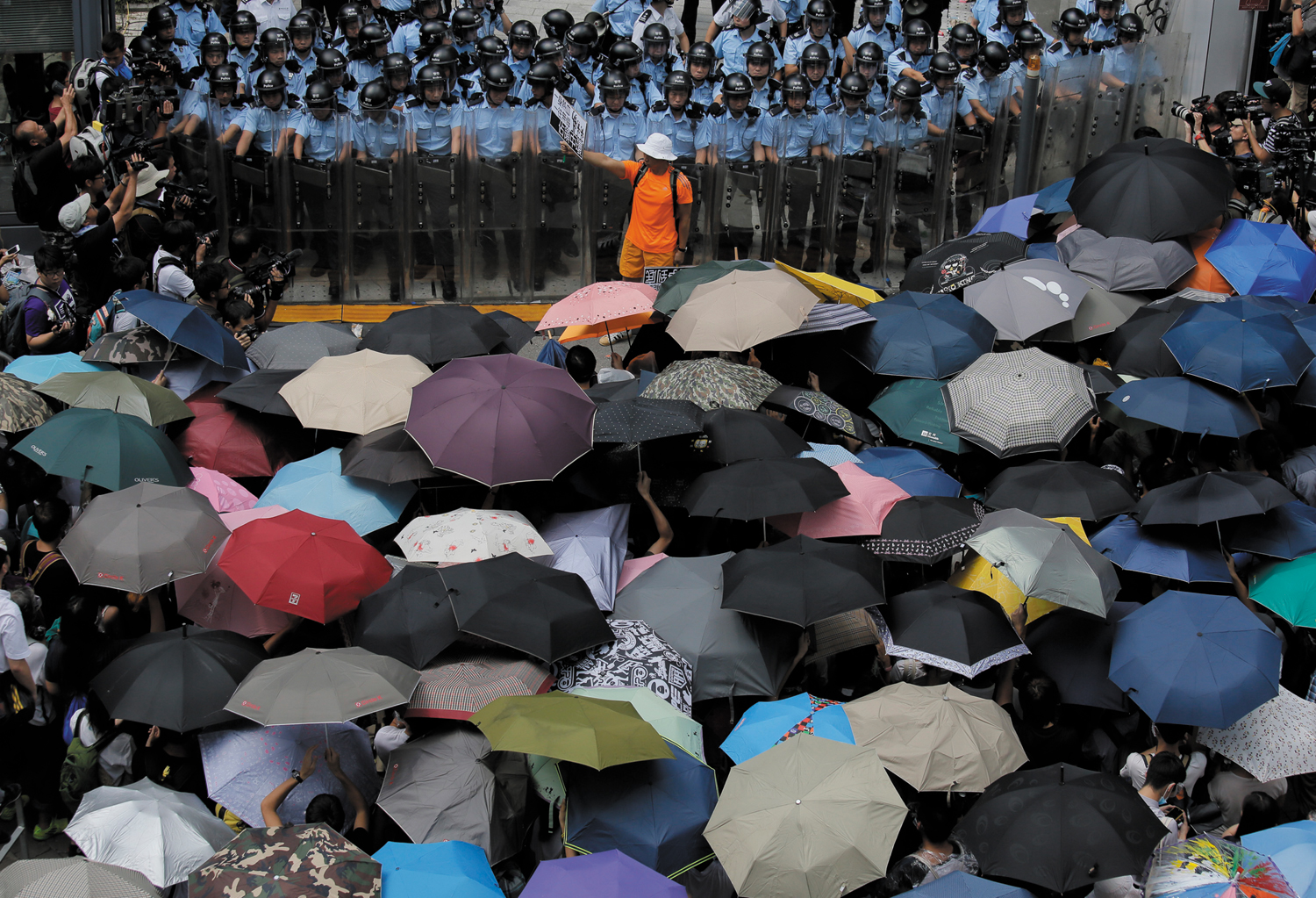
Print Magazine
October 20, 2014 Issue
Cover art by: illustration by Victor Juhasz
Purchase Current Issue or Login to Download the PDF of this Issue Download the PDF of this Issue
Editorial


7 GOP Governors Who May Lose Re-Election
Their extremist policies have made them so vulnerable that corporate America is scrambling to save them.



Column

A Tale of One City by David Brooks
For one-percenters like the Times columnist, city life has never been better.

Run, Karen, Run!
Chicago Teachers Union leader Karen Lewis is eyeing Mayor Emanuel’s job.
Letters
Books & the Arts

A Theater Without Qualities
Immersive theater has no real style—except to fetishize its look.

China’s New Frontiers
How Africa and China’s own borderlands became the center of Beijing’s new empire.

Poetry and Catastrophe
By privileging historical catastrophe, a new poetry anthology narrows the definition of art.

Extinction Pop
Choreographed for maximum appeal, pop culture likes to say yes. History is made by those who say no.





